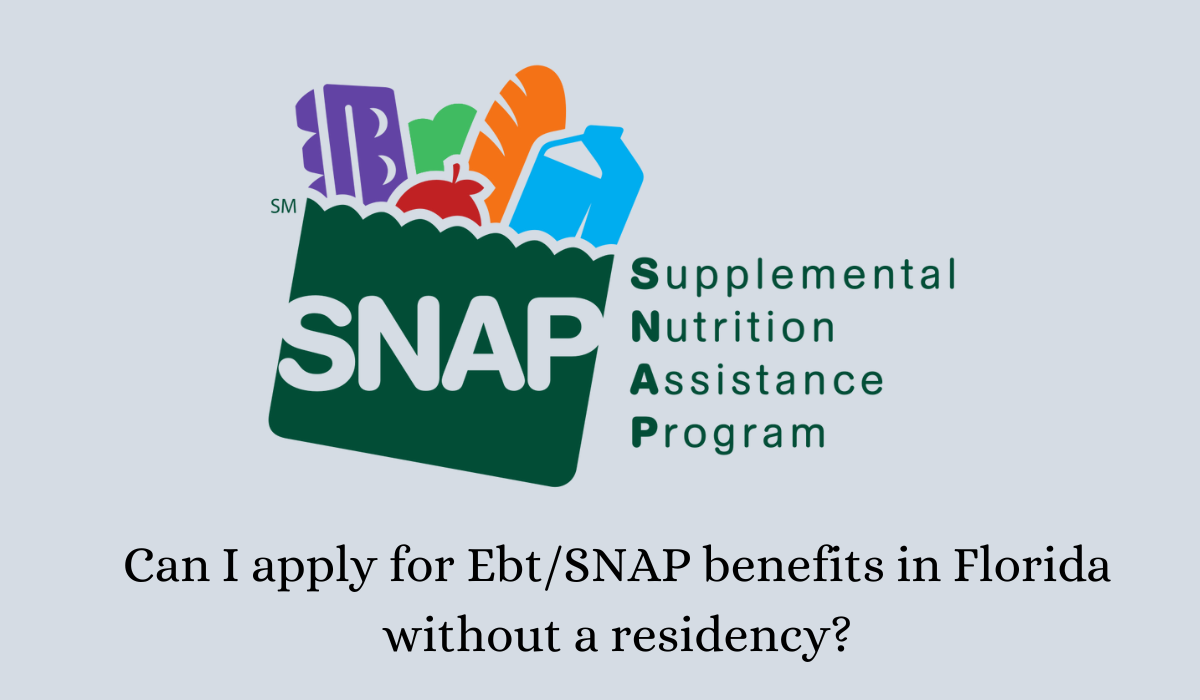The Supplemental Nutrition Assistance Program (SNAP), commonly referred to as food stamps or EBT, is a vital lifeline for many families and individuals facing food insecurity. For those considering applying for these benefits in Florida, understanding the residency requirements is crucial.
Florida Residency: A Key Requirement
To be eligible for SNAP benefits in Florida, one of the primary criteria is state residency. But what does this mean for applicants?
- Definition of Residency: Being a resident doesn’t necessarily equate to owning or renting property in Florida. Instead, it means that an individual is currently living in the state and has the intention to remain there for the foreseeable future.
- Proof of Residency: While a permanent address can make the application process smoother, it’s not a strict necessity. Applicants might be asked to present documents like utility bills, lease agreements, or rent receipts. For those without a fixed address, such as the homeless, the state may require information about their current place of stay or where they receive mail.
Navigating the Application Process
Understanding the application process can simplify and expedite access to benefits:
- Application Channels: Florida’s Department of Children and Families (DCF) facilitates the SNAP application process. Prospective beneficiaries can apply online, visit a local DCF office in person, or send their application via mail.
- The Interview Phase: Post-application submission, an interview is typically scheduled. This can be conducted over the phone or face-to-face. The interview aims to gather detailed information about the applicant’s household composition, income, expenses, and other relevant factors to ascertain eligibility.
- Special Circumstances: Every applicant’s situation is unique. For those with special circumstances, such as recent relocation to Florida or homelessness, it’s beneficial to communicate these details during the application process. The DCF can then provide tailored guidance on the necessary documentation or information.
Other Eligibility Considerations
While residency is a pivotal criterion, SNAP eligibility in Florida is multifaceted:
- Income Limits: Applicants’ household income must fall below specific thresholds, which vary based on household size.
- Asset Limits: There are also asset limits to consider, although certain assets like the primary residence or retirement savings might be exempt.
- Citizenship and Immigration Status: Generally, U.S. citizens and specific non-citizen categories, like lawful permanent residents, are eligible. However, there might be waiting periods for some non-citizen groups.
Conclusion
SNAP benefits play an instrumental role in ensuring that Florida residents have access to nutritious food. While the application process might seem daunting, understanding the residency and other requirements can make the journey smoother.
For those unsure about their eligibility or seeking application assistance, local DCF offices and community organizations can be invaluable resources.
